Saudi National Transformational Program: Essentials for its Execution By Odeh F. Aburdene The National Transformation program that was announced by the Saudi Government on June 6, 2016, is strategic, necessary, timely and achievable. A vision to succeed must be carried out by a leader who is a man of action, ideas and determination. Americans who met with Prince Mohammed Bin Salman say he has all these leadership qualities. The economic transformation of Saudi Arabia can only succeed if the following observations, attitudes, and elements, are studied carefully and carried out. The essentials for creating wealth, prosperity, jobs and modernity start by recognizing and accepting that "Time is our most valuable nonrenewable resource, and if we want to treat it with respect we need to set priorities". Ideas, inventiveness and innovation in the 21st Century are more valuable than oil, gold, land and capital. For example, in Brazil where all these resources, commodities, sugar, fertile land are plentiful but the country is on the verge of bankruptcy as it has accumulated over one trillion dollars of debt. Forty percent of the GDP of Brazil is generated by government expenditures that are wasteful and where corruption is rampant. The Brazilian oil company, Petrobras, which is partly owned by the government has accumulated so much debt and may face bankruptcy. Petrobras is being sued by American investors in New York for fraud, corruption and mismanagement. The value of Google, Apple, Facebook, IBM, Microsoft, Intel, Amazon and Dell has the same value as all the oil of Saudi Arabia. These companies were created by people with vision and plans and funded by venture capitalists who provided capital and expertise that would not have been realized without the right people leading them and implementing these plans. The founders of these technological companies developed long term goals and were constantly working to achieve those goals. These men and women had what is called "grit” which is defined as a combination of passion, strenuous effort, endurance and perseverance in the pursuit of long term objectives. As Thomas Edison declared, "invention is 2% inspiration and 98% perspiration". "The rules for running a business and creating value have not changed. For one thing there is an essential human factor in every business endeavor. It doesn’t matter if you have a perfect product, production, plan, and marketing pitch. You still need the right people to lead and implement those plans” according to Bill Gates, the founder of Microsoft. David Bolchova aptly stated "Wealth simply gets given to those who maneuver themselves into the right time. A dynamic society needs people to aspire to wealth through their inventiveness and conscientiousness". As Harold Geneen, former Chairman of ITT aptly remarked "In business words are words, explanations are explanations, promises are promises, but only performance is reality". The secret of American prosperity and innovation was in education. According to the former president of Harvard, Lawrence Summers, "Harvard’s greatness has always come from its ability to evolve as the world and its demands change-to educate and draw forth the energy of each successive generation in new and creative ways". It should be noted that the acquisition of knowledge begins with knowing how to acquire it. Post-war America saw the emergence of an ethnically diverse middle class, a group that had attained its status not through blood ties but through unparalleled access to good schools and lucrative employment. Education, however, can lift productivity and wages of people, especially the poor and their children. Saudi education must emphasize empirics and analytics. Its core values should be facts, logic, reason and honesty. Moreover, Saudi education must also emphasize foreign languages, science, medicine, technology, engineering, business and law. Saudi higher education must produce and maintain research scientists of the highest caliber. Wealth and economic growth will depend upon the technological and scientific advancement and entrepreneurial zeal. Therefore, scientific infrastructure in the Kingdom is required. You cannot attract high technology investments if you lack a highly educated and technologically skilled population. A venture capital culture comes from a culture of "exceptionalism,” where "people expect to do exceptional things,” and this must be instilled in the minds of young Saudi Arab men and women. A venture capital culture also starts with a business friendly environment. Security of private property, the effectiveness of the judiciary and ability to enforce contracts are necessary. As Frederic Bastiat observed, "No society can exist unless the laws are respected to a certain degree. The safest way to make laws respected is to make them respectable". Saudi Arabia has to establish a commercial and legal environment that is both predictable and secure. A pre-condition for economic growth and gains in income is the establishment of bankruptcy laws. Bankruptcy laws provide for orderly distribution to business creditors through reorganization or liquidation of a troubled business entity. Bankruptcy law also gives the borrower time to develop a plan that allows the troubled business to resolve the debt issue through a division of assets among creditors. Nancy F. Koehn, a historian at the Harvard Business School, writes "Innovation is one of the most seductive words in the business world. It conjures up visions of bold new products and processes, entrepreneurial heroism, market leadership and big financial rewards". As mentioned earlier, a culture of venture capital and innovation requires a political and economic system that is open. Openness is fundamental to progress. The market for ideas needs to be as open as possible in order to breed ingenuity for collaboration. Matt Ridley, in his book, The Rational Optimist, argues that humans have achieved prosperity because "ideas begin to meet and mate". Matt Ridley also adds that the internet has connected us "so we can draw upon the inventiveness of a network of more than six billion people". Finally, Matt Ridley asserts, "Technology is more than just a barometer of human collaboration. It is the environment of human collective intelligence, most of the technologies we use, as the economist Friedrich Hayck first observed, are things that nobody knows how to make from scratch, humans have transcended the limits of their own brain by combining their brains into networks[1]". David Freeman says that markets need to be doubly open about its errors as a positive step toward reliability. Robert Boyle, one of the founding fathers of modern science, recognized error as part of the slow advance toward any scientific truth. You cannot have trial without error. Steven Johnson, in his book, Where Good Ideas Come From, the Natural History of Innovation, says that "some environments squelch new ideas; some environments seem to breed them effortlessly". Johnson adds that innovation thrives "when ideas can serendipitously connect and recombine with other ideas,” and "compulsively connect and remix that most valuable of resources: information". The key elements[2] for innovation are: 1) You need seeds of innovation, which equate to talented people and their ideas. Human beings - with their talent and energy, creativity and insight, are a priceless resource. 2) Innovations require a culture that understands and appreciates scientific inquiry and you need an economic system that rewards people for the risks they take and the value they create. 3) For investors to take risk associated with innovation, they must have a fair chance at earning a return for successful work. That requires solid protection of intellectual property; a fair, rigorous and transparent system of regulation and a tax system that provides companies the ability and incentive to invest in innovation. 4) You need immigration laws that allow and encourage top scientists, engineers, bankers, doctors and business people to choose to work in Saudi Arabia and give them permanent residency and the choice of becoming nationals. One reason for American exceptionalism lies in the U.S. openness to immigrants of ambition, talent and useful knowledge. Therefore, Saudi Arabia has to create a community of science. The best teachers from the West come to Saudi Arabia for two or three years and then return to their country of origin and do not teach for a long time. Such teachers should teach for a longer period. To attract people of talent and scientific knowledge, you also need to have a social and a living environment as in Dubai that is pleasant and not restrictive. 5) Women in Saudi Arabia should be given the opportunity and the mobility to compete with men in the fields of science, engineering, biopharmaceuticals, medicine, business and law. The Saudi National Transformation Plan emphasizes the need to increase women’s role in the economy. This is a necessary condition for achieving economic productivity. 6) Accountability is a national concept in the west and it’s a necessary requirement for economic success. Therefore, the concept of accountability must be embedded in Saudi Arabia work and business ethics. There is no doubt that innovation produces new products, services and efficiencies. Innovation also means that you should focus on not accepting the status quo. The real path to excellence is excellence and not ever settling for second best, Steve Jobs concluded. Let us remember that excellence and enthusiasm are necessary ingredients for ground breaking innovation. A good, successful, leader is able to sell his vision and plans to his people. An intelligent leader also trusts his people to execute his vision. In conclusion, it should be remembered that the Kingdom of Saudi Arabia was created by King Abdulaziz. He did that by being strategic, determined and wise. King Salman of Saudi Arabia and his son, the Deputy Crown Prince, Mohammed Bin Salman have the opportunity to complete what King Abdulaziz achieved by making Saudi Arabia a regional, industrial and innovative economic power without being dependent mainly on oil. The National Transformational Plan is aspirational and achievable but ultimately it depends on hard work, excellence, perseverance and execution. As it has been said "Genius requires execution". |


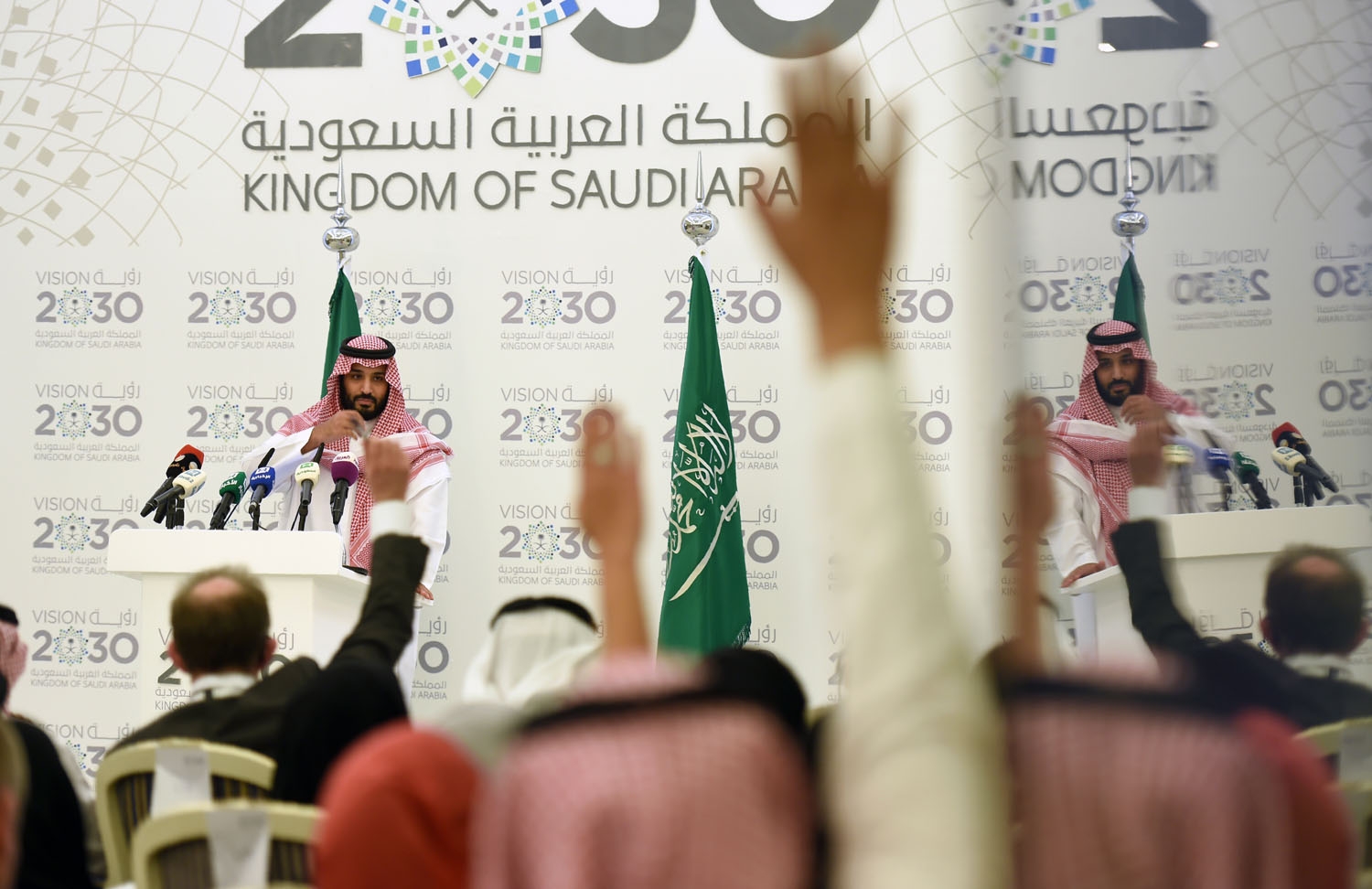


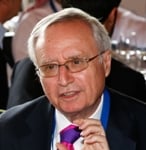


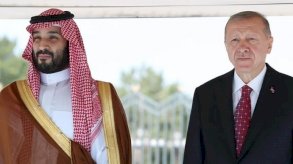





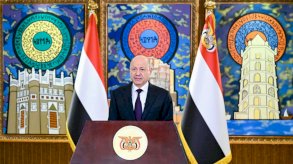


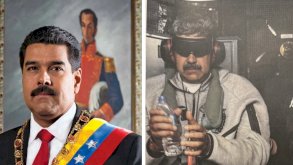


التعليقات